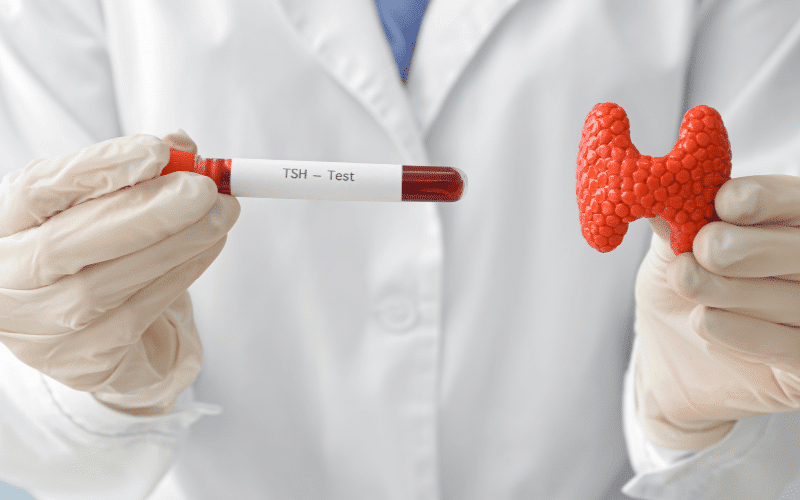Fact 6: Diagnosis of Hypothyroidism: Going Beyond the Symptoms

While the symptoms of hypothyroidism can point healthcare professionals in the right direction, a definite diagnosis requires more detailed investigations. Blood tests are the standard method of diagnosing hypothyroidism, specifically tests measuring Thyroid Stimulating Hormone (TSH) and sometimes levels of the thyroid hormone thyroxine.
A high TSH level indicates that the body is trying to stimulate the thyroid gland to produce more thyroid hormones, suggesting that the thyroid may be underactive. Conversely, a low level of thyroxine in the blood could also indicate hypothyroidism.
Interestingly, the reference ranges for these tests can vary. Some experts argue that these ranges are too broad and that many individuals with “normal” test results still experience symptoms of hypothyroidism. This ongoing debate indicates that diagnosing hypothyroidism may not always be straightforward.
Additionally, the presence of thyroid autoantibodies can indicate Hashimoto’s disease, an autoimmune condition that is one of the most common causes of hypothyroidism. Identifying these antibodies can help doctors diagnose the cause of hypothyroidism, guiding the appropriate treatment. (6)